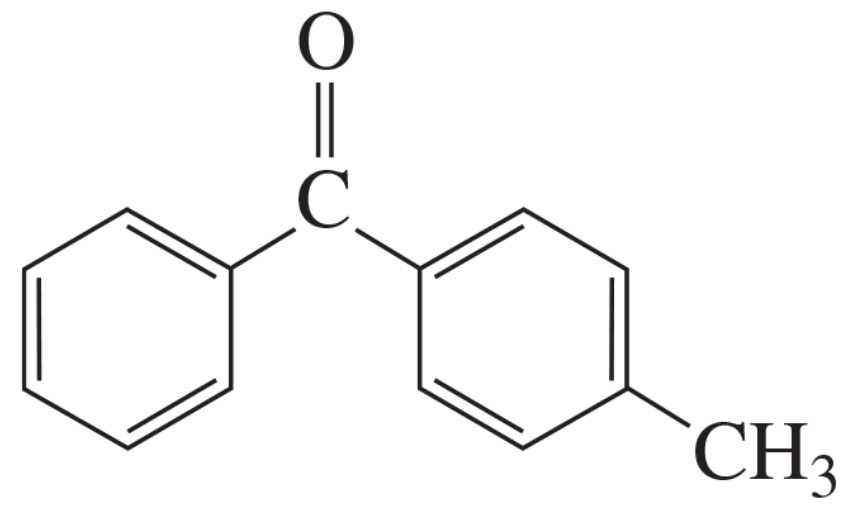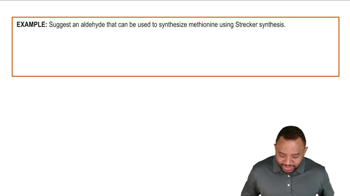Textbook Question
Predict the major products formed when benzene reacts (just once) with the following reagents.
(k) carbon monoxide, HCl, and AlCl3/CuCl
(l) CH2(COCl)2, AlCl3

 Verified step by step guidance
Verified step by step guidance Verified video answer for a similar problem:
Verified video answer for a similar problem:

